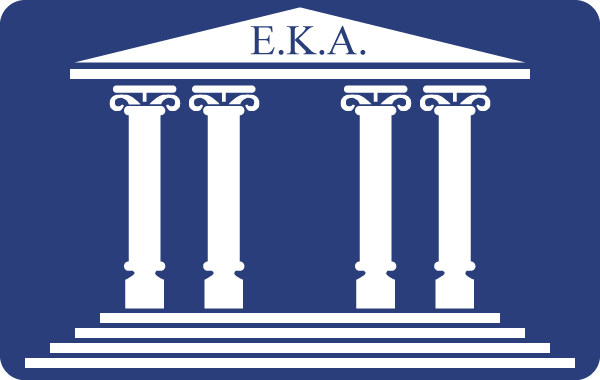Tag: Egypt
-
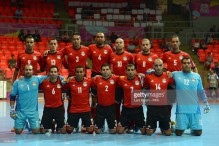
Egypt shows interest in hosting 2020 FIFA Futsal World Cup
FIFA have announced the nations that have shown interest in hosting the 9th edition of FIFA Futsal World Cup in 2020, with Egypt named as a contender, showing their desire to host the event. Egypt is among a list of a record 13 countries from five Confederations that bid to host the tournament, due to take place in four years. The full list…
-
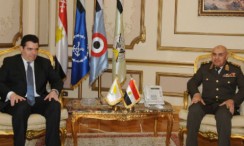
Egypt signs military cooperation agreement with Cyprus
Egypt’s defence minister Sedki Sobhi and his Cypriot counterpart Christophoros Fokaides signed a joint military cooperation agreement Monday in Cairo, an Egyptian army spokesman said. Sobhi and Fokaides, who is the first Cypriot defence minister to visit Egypt, also discussed previously signed memoranda of understanding for cooperation in defence, military trainings, and exchange of expertise,…
-
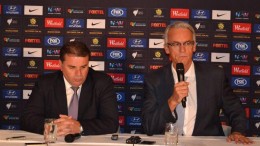
Greece closer to facing the Socceroos in Melbourne
Apparently, lobbying and pressure from soccer fans and the Greek community has paid of, as the friendly match between Greece and the Socceroos is confirmed to take place in Sydney on June 4, with a second match planned for Melbourne on June 7. The confirmation came from Coach Ange Postecoglou who said that his team…
-
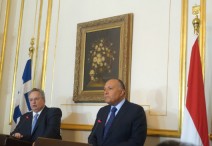
Joint statements of Mr. Kotzias and Mr. Shoukry, following their meeting
S. SHOUKRY: Today it is a great pleasure for me, as Foreign Minister of Egypt, to be receiving the Foreign Minister of Greece on his first visit to Egypt. The Minister and I maintain friendly relations, as do the two countries. Greece and Egypt enjoy a great and long common history and cooperation. The political…
